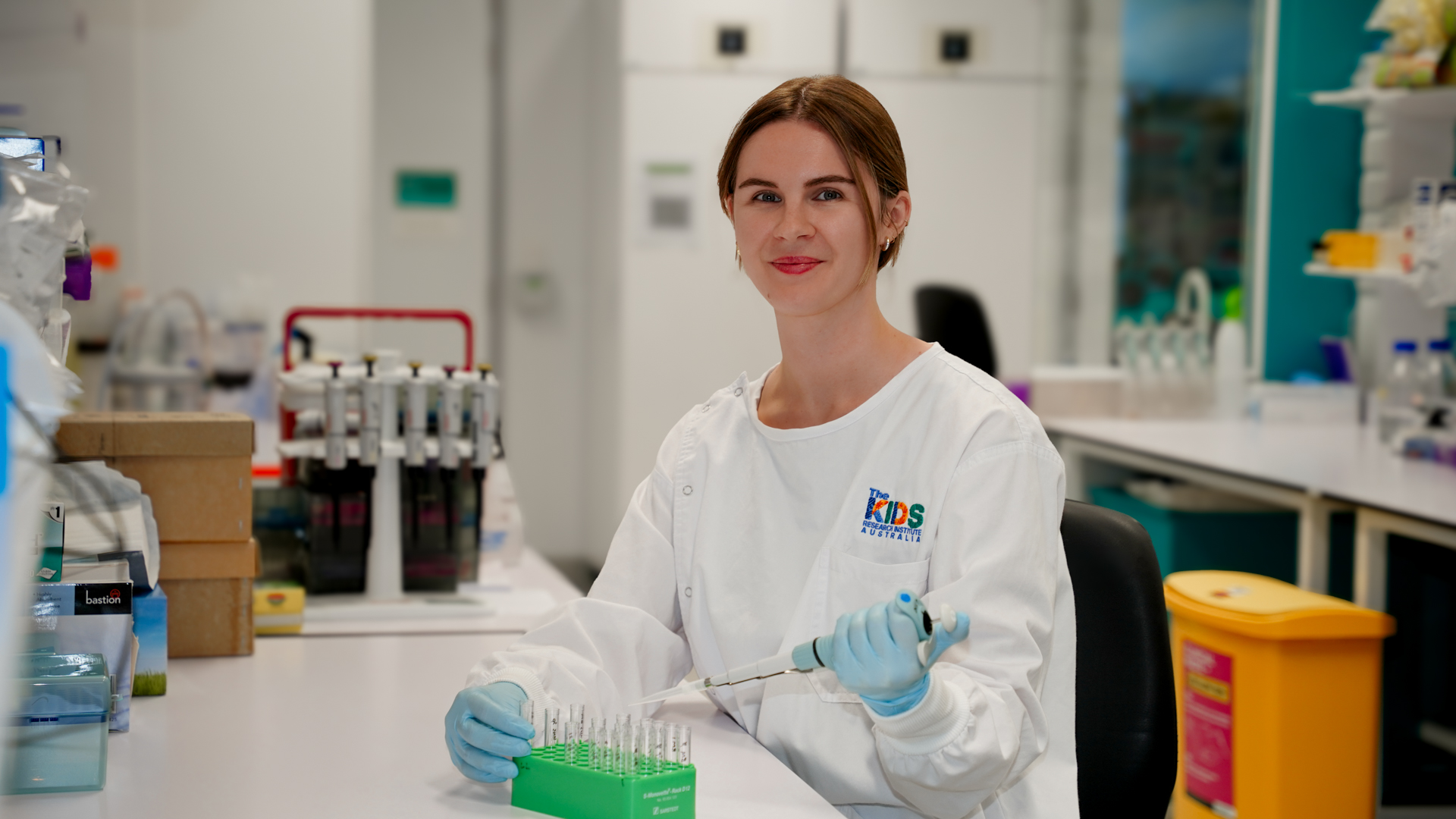Search
Showing results for "Au"
News & Events
Medical AssessmentsPeople with type 1 diabetes require the completion of a Medical Assessment form for activities such as driving, skipper tickets and scuba-diving etc.
Research
Training Service Providers to work with Aboriginal and Torres Strait Islander LGBTQA+ youthThe goal of this project is to is to increase capacity of ACCO staff to work with Aboriginal and Torres Strait Islander LGBTQA+ youth and their families, with the longer-term goal of improving health service access among this population.
Research
Using Systems Biology to understand asthma exacerbations and develop better treatmentsAlexander Anthony Deborah Emma Pat Larcombe Kicic Strickland de Jong Holt BScEnv (Hons) PhD BSc (Hons) PhD PhD PhD, DSc, FRCPath, FRCPI, FAA Honorary
Research
What is triggering immune reactions in people with MS?Multiple sclerosis (MS) is a condition where a person's immune system attacks the brain and spinal cord.
Research
Working Towards a Better Understanding of ARFGoal: Characterize the pattern of contemporary and endemic ARF and develop a biological signature to improve sensitivity and specificity of ARF diagnosis.

The Kids Research Institute Australia’s annual Prospective Student Evening is an opportunity for students considering Honours, Masters, MDs, or PhDs to learn about what it would mean to work on a project based at the Institute.
Research
Proposed Core Outcomes After Neonatal Sepsis: A Consensus StatementSepsis is one of the leading causes of neonatal mortality. There is heterogeneity in the outcomes measured and reported in studies of neonatal sepsis. To address this challenge, a core outcome set (COS) for research on neonatal sepsis was needed.
Research
Corrigendum to “Developmental trajectories of socio-emotional outcomes of children and young people in out-of-home care – Insights from data of Pathways of Care Longitudinal Study (POCLS)”Yalemzewod Assefa Gelaw PhD, MPH, BSc Honorary Research Associate Yalemzewod.Gelaw@thekids.org.au Honorary Research Associate Dr Yalemzewod Gelaw
Research
The Cold Atmospheric Plasma Inhibits Cancer Proliferation Through Reducing Glutathione SynthesisCold atmospheric plasma (CAP) is a safe and effective alternative to radiotherapy for cancer treatment. Its anticancer effects are attributed to increased intracellular reactive oxygen species (ROS). Glutathione, a key antioxidant derived from glutamine, is critical for cell proliferation. This study investigated whether CAP-induced ROS elevation results from reduced glutamine-glutathione conversion and elucidates the underlying mechanisms.
Research
Impaired Cytokine Responses to Live Staphylococcus epidermidis in Preterm Infants Precede Gram-positive, Late-onset SepsisLate-onset sepsis (LOS) with Staphylococcus epidermidis is common in preterm infants, but the immunological mechanisms underlying heightened susceptibility are poorly understood. Our aim is to characterize the ontogeny of cytokine responses to live S. epidermidis in preterm infants with and without subsequent Gram-positive LOS.
